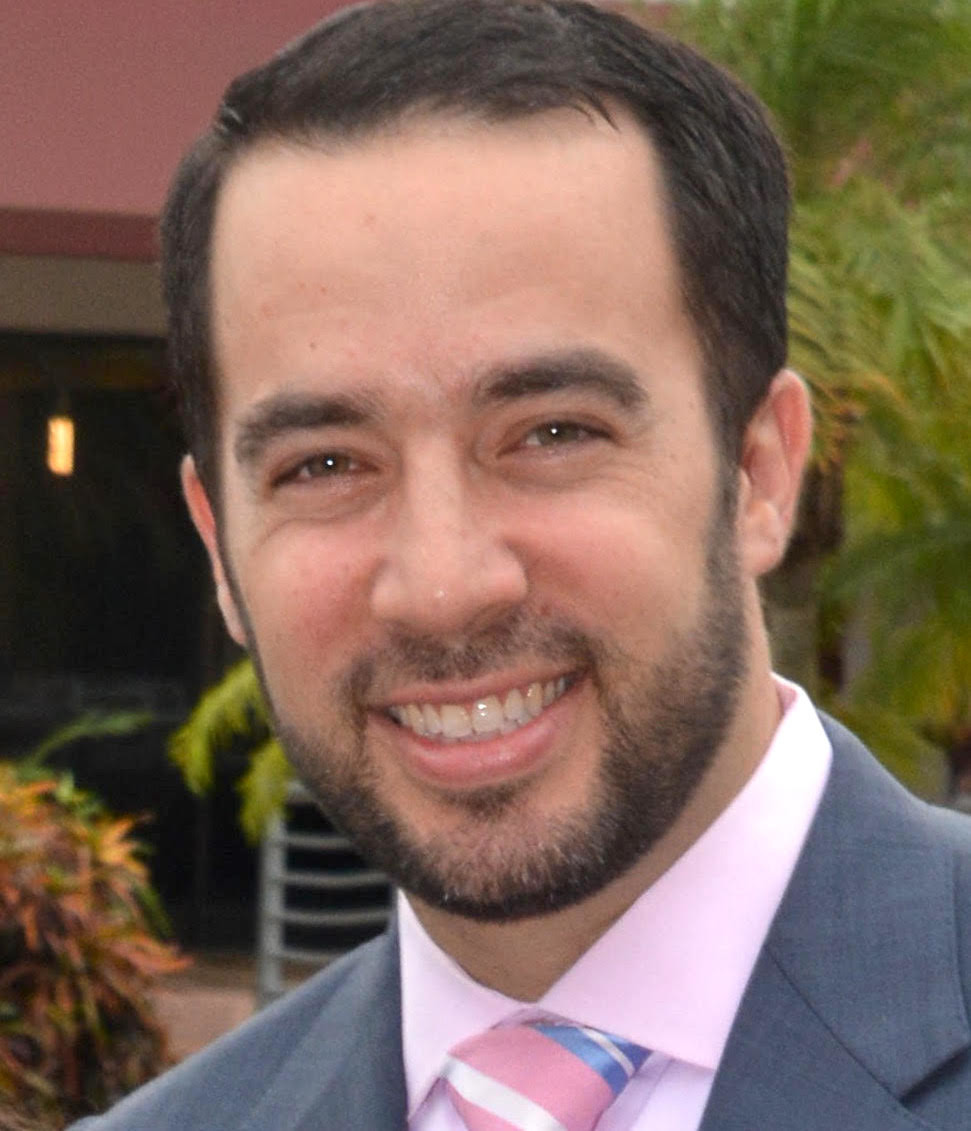Fielding questions en route to the Burning Bush
One of the more mysterious narratives in the Torah concerns what is likely the final trip back to Egypt after the burning bush (the midrash suggests Moshe went back and forth a number of times, and that years may have even passed between the Burning Bush and Moshe’s first audience with Pharaoh).
The Torah says the following in 4:24-26 (this is as literal a translation as I could create, with the understanding that even the literal translation is subject to debate and very different possible meanings):
“And it was on the way, in a hotel, and the L-rd met him, and he (He?) sought his death. And Tzipporah took a stone and she cut her son’s foreskin, and she touched his (its?) feet. And she said, “Because you are a ‘hatan’ of blood.” It subsided from him, then she said, “A ‘hatan’ of blood to circumciseds.”
What was on the way? What hotel? Who was there? The L-rd met whom? Whose death was sought? By whom? What stone did Tzipporah take? From where? Did she merely cut the foreskin? Or remove it? Which son was circumcised? She touched whose feet? With the foreskin? What sense are we to make of the things she said? What is a ‘hatan’ of blood? What does this have to do with circumcision? How did a circumcision end the danger?
Trying something different this week, I am going to offer a number of possibilities in answering each question (in some cases, with a few questions), without reaching a particular conclusion in explaining the narrative.
What was on the way? Was this a journey similar to a journey made by Avraham? Is “the way” delineating a significant passage of time, of status? Who was even present? Moshe is not mentioned in the narrative by name.
What hotel? Was it their first stop on the journey? Was it closer to Midian or to Egypt? Does the word “malon” (hotel) have anything to do with the “milah” (circumcision) that takes place there? Is the main point for us to take that they are clearly no longer in Midian?
Who was there? We know about Tzipporah and her son. Was Moshe there? Was another son there? Was anyone else present? There is a Midrash that the death seeking was perpetrated by a destructive angel or two. What does that mean?
The Lord met whom? Did G-d meet Moshe? The child? The destructive angel? Note that the name of G-d utilized here is the name typically associated with mercy. That seems rather strange if we assume G-d was trying to kill someone!
Whose death was sought? Moshe’s death? One of their sons’?
By whom? Was G-d trying to take someone’s life? Was an angel? Did Moshe have depressing feelings – and he sought his own death?
What stone did Tzipporah take? From where? Was it sharp? Was it jagged? Did she carry it for emergency purposes?
Did she merely cut the foreskin? Or remove it? The narrative uses the word “Va’tikhrot” which most likely means a full removal. How did she know to do that? What possessed her to take this particular action? How would she know what to do with the foreskin – or did her next move just come about in the heat of the moment, at the height of her concern over whatever was happening around her?
Which son was circumcised? As best we know she had one son, Gershom, who was born at the end of chapter 2. We know about a second son from when she shows up in Shmot 18 at the beginning of Parshat Yitro. When was the second son born? Was he alive at the time of the burning bush? Was he born subsequent to the burning bush episode? By how many years? How old was Gershom at the time of this incident in the hotel? If she circumcised him, he could already be a teenager!
She touched whose feet? Did her rock/knife cut the newly circumcised son’s feet? Did she touch the feet of a destructive angel? Did she throw the foreskin at someone’s feet? Was it blood that touched or reached someone’s feet? How do we know what touched what or what touched whom?
What sense are we to make of the things she said? To whom is she speaking, and about whom is she speaking? The foreskin? Her baby? Her older son? Her husband? Does “hatan” automatically mean ‘groom’ as many translate it? Is it a Hebrew word?
What is a “hatan” of blood? What does this have to do with circumcision? How did a circumcision end the danger?
The only things that are clear in this story (to me) are that someone’s death was sought, and that Tzippoah’s circumcising her son ended the threat.
So why does the Torah tell us this tale?
I think the journey tells us much about Moshe’s quick transition from shepherd of sheep to Shepherd of Israel. To do this, Moshe needs to have experiences similar to that of Avraham — circumcision and near death (think Akedah) to be ready to take care of Avraham’s descendants, and to serve as the person who will bring the promise made to Avraham to its absolute completion.

 47.0°,
Mostly Cloudy
47.0°,
Mostly Cloudy 





